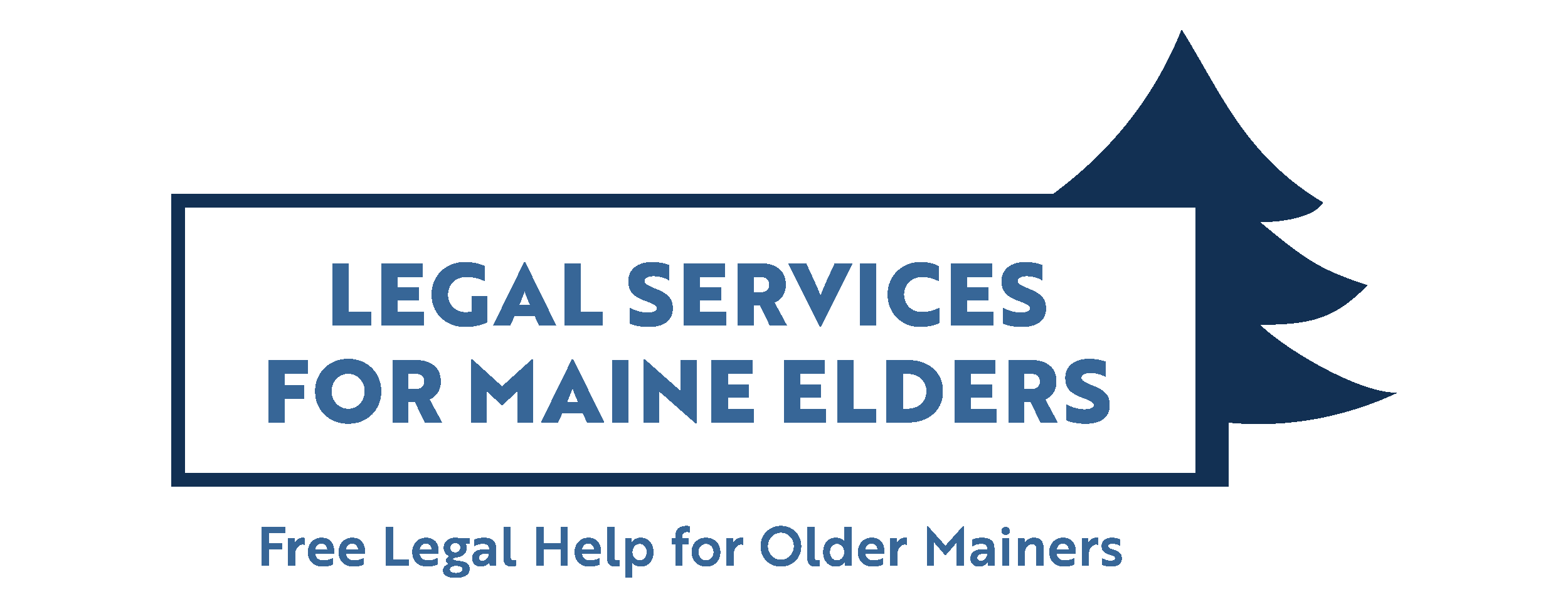Savvy, crooked lenders are ready to pounce on the unsuspecting borrower. These lenders may try to sell you a loan with inflated interest rates and fees. This is called “predatory lending.”
- Some signs of predatory lending
- Excessive fees;
- Very high prepayment penalties;
- A kickback to the broker who sells you the loan;
- New loans which generate fees that get you further in debt;
- Unnecessary products and add-ons;
- Mandatory arbitration clause in the contract;
- Not getting the best loan terms despite having a good credit score; and
- “Balloon” payments: low monthly payments with a large payment at the end of the loan period.
- Examples of common predatory lending
- High cost, small loans, such as:
- Credit cards
- Pay day loans – you write a check to the lender for the amount you borrowed plus a fee
- Auto title loans
- Tax refund anticipation loans
- Rent to own agreements
- What you can do if you think you are a victim of predatory lending
You can change your mind at any time before you sign a contract. Also be aware that the Truth in Lending Act allows you to change your mind within three (3) days of signing a contract that uses your home as security. You need to write a letter to your lender telling them that you are exercising your rights under the Truth in Lending Act. Send this request by certified mail to the lender, and keep a copy for your records.
If you think you have become the victim of predatory lending, call the Legal Services for Maine Elders Helpline at 1-800-750-5353 to talk to an attorney for free.
- How to avoid becoming a victim of predatory lending
- Know your credit score and check you credit report annually. A good credit rating may qualify you for a better interest rate. Check your credit score for free by clicking here.
- Talk to your local bank to check lending rates.
- Don’t take the first loan you are offered. Shop around.
- Ask questions.
- If you don’t understand the loan terms, talk to a lawyer, or get someone you trust to look at the documents with you.
- Be suspicious of ads promising “No Credit? No Problem!” If it sounds too good to be true, it probably is.
- Ignore high-pressure sales tactics, and don’t jump into a deal that sounds good without taking the time to check it out first.
- Remember that a low monthly payment isn’t always a “deal.” Look at the total cost of the loan.
- Be wary of promises to refinance the loan to a better rate in the future.
- Never sign a blank document or anything the lender promises to fill in later.
- Be suspicious of a lender who solicits you. Most reputable mortgage companies and lenders don’t “cold-call.”
- Resources
Legal Services for Maine Elders
If you think you have become a victim of predatory lending and you are a Maine resident who is 60 or older, call the Legal Services for Maine Elders Helpline at 1-800-750-5353 to talk to an attorney for free.Annual Credit Reports
To request a free copy of your credit report, visit the Annual Credit Report website by clicking here.
